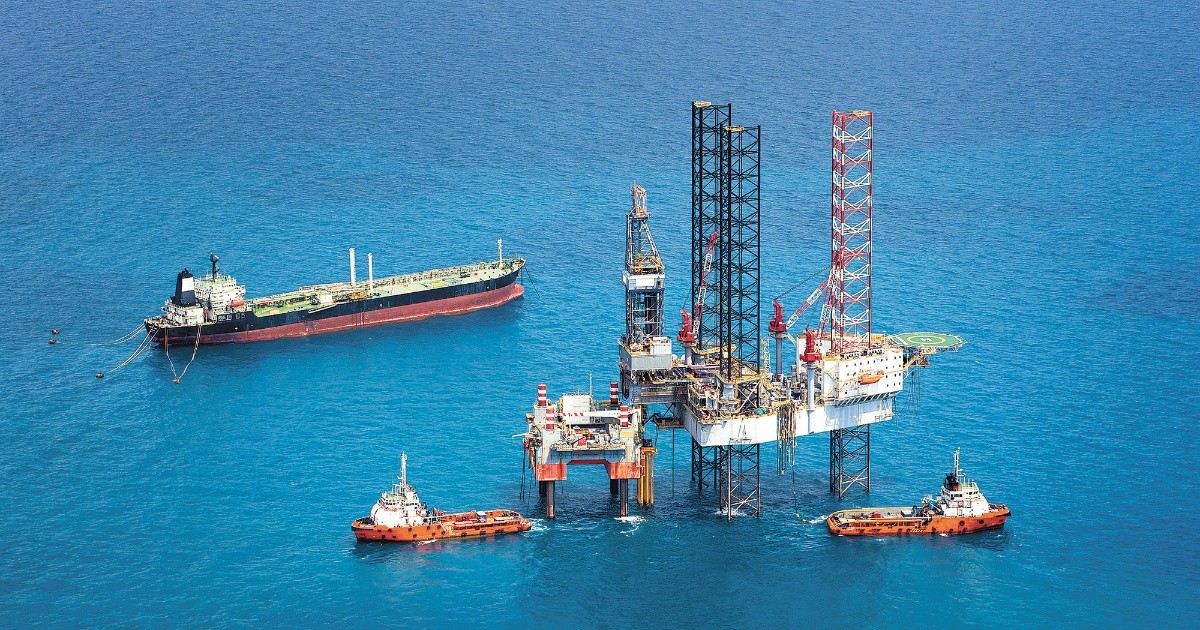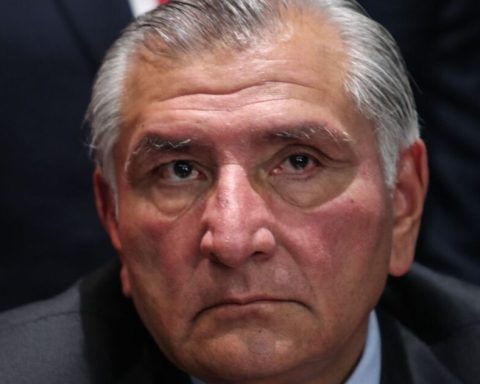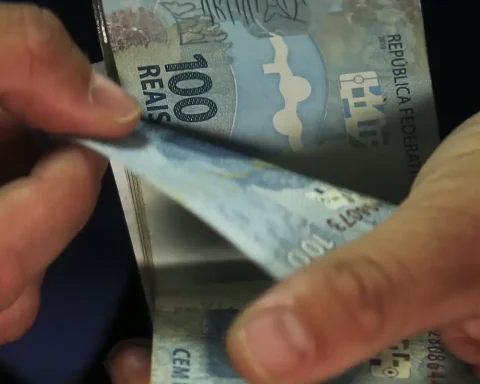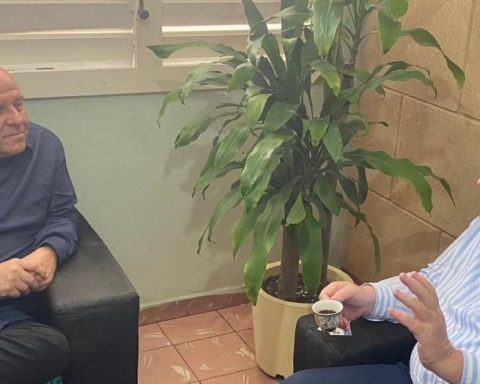The United States Treasury published new guidance on the proposal to cap Western prices on Russian oil exports, stating that maritime service providers will not be held responsible for false price information provided by buyers and sellers of crude in Russian.
Treasury said in the guidelines that those who buy Russian crude at prices above the cap and knowingly provide false documentation could be subject to sanctions violation investigations, and Treasury outlined a series of “warning signs” that could indicate this type of activity. He also said that governments participating in the cap will share that information to help police it.
The price capping plan agreed upon by the wealthy G7 nations requires participating countries to deny insurance, financing, brokerage, shipping and other services to oil shipments whose price exceeds a yet-to-be-determined price limit for crude oil and oil products.
The Treasury said these service providers must keep records of Russian oil shipments for five years.
“Where a service provider without direct access to pricing information reasonably relies on a customer’s statement, that service provider will not be liable for possible penalty violations by those acting in bad faith, trying to to violate or evade the limit,” says the guide.
Evasion Surveillance
However, the Treasury warned these companies to be “on the lookout” for red flags indicating potential evasion or fraud, including evidence of deceptive shipping practices, refusal to provide requested pricing information, unusually favorable conditions that could indicate a subsequent agreement to circumvent the price cap, or excessively high service costs.
Any signs of document tampering, start-ups, and anomalous transportation routes should also be of concern.
Consensus on maximum price levels will be reached with the help of a “rotating lead coordinator,” the department said, suggesting that coalition countries will have a temporary leadership role as the plan progresses.
more time is needed
Treasury Under Secretary for Economic Monetary Policy Ben Harris said on Friday that it will be a few more weeks before the price cap plan is fully developed, including setting the cap level.
At an event at the Brookings Institution, Harris called on cap skeptics to “wait until you have all the information and maybe don’t shoot before concluding that this is going to be too hard to enforce.”
Western sanctions imposed on Russia over its invasion of Ukraine have caused a sharp collapse in Russian imports, hitting its domestic output hard, at a time when foreign companies have left the country en masse.
At the same time, the Russian oil industry has benefited from a 60% rise in oil prices which has more than offset lower export volumes.















